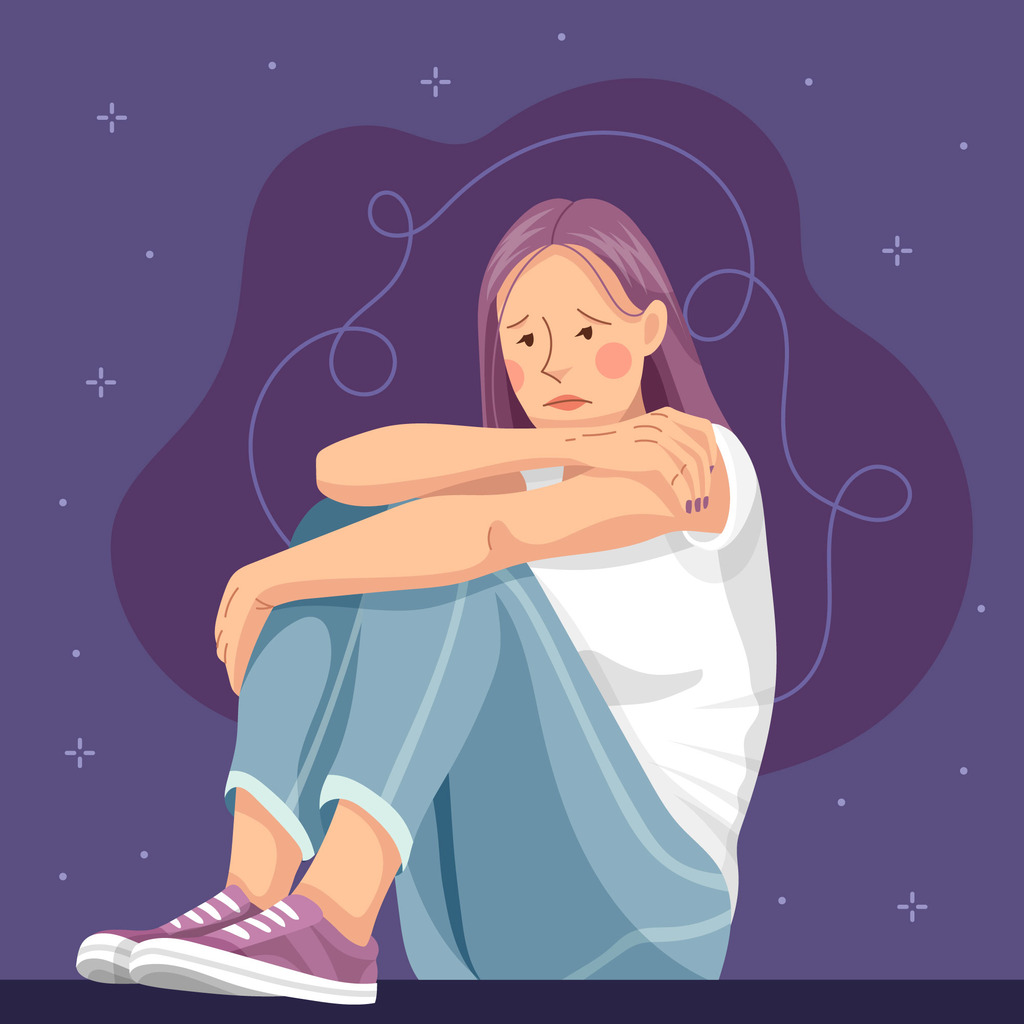Solitude and Mental Well-being: Embracing the Advantages
Amid our daily hustle, imagine if we could find a moment to acknowledge the silent strength of solitude—a potential game-changer for our mental well-being. Picture this: amid the hectic noise of life, discovering solace in quiet reflections, akin to a brief pause in your favorite song. Today, let’s embark on a shared exploration into solitude, unraveling its role as a genuine companion in enriching our mental health and overall happiness.
In a new research collaboration with The University of Reading, researchers have examined the intricate connection between loneliness and mental health. The findings, published in Scientific Reports, provide a new perspective on the many facets of Solitude, revealing its benefits and drawbacks regarding overall health.
Table of Contents
| Sr# | Headings |
|---|---|
| 1 | The Solo Journey: A 21-Day Explore |
| 2 | The Solitude Conundrum |
| 3 | The Double-Edged Sword: Everyday Solitude |
| 4 | Less Stress and More Choice |
| 5 | Uncovering Traits of Solitude Enthusiasts |
| 5.1 | Self-Sufficiency: Accepting Independence |
| 5.2 | Comfort with Silence: Releasing the Quiet |
| 5.3 | Creative High-Creativity: The Power of Alone Time |
| 5.4 | Appreciation for the Simple: Finding Joy In the Little Things |
| 5.5 | Self-Awareness: Being Aware of Oneself Intimately |
| 5.6 | Inner Peace: Navigating Life’s Chaos |
| 6 | The Fun of Learning: The Lifelong Curious |
| 6.1 | Respect for Boundaries: Balancing Space |
| 7 | Emotional Force: Navigating Feelings on Your Own |
| 8 | Be a Part of the Solitude: A Lesson in Individuality |
“The Solo Adventure” A 21-Day Journey
The researchers closely observed 178 adults aged 35 or older from the UK and in the US for 21 days. The daily journals carefully documented the time they were in Solitude or with other people, and self-reports of stress levels, life satisfaction, independence, loneliness, and anxiety provided more depth to the research.
The Solitude Conundrum

Contrary to commonly believed, this study challenges finding the perfect balance between isolation and social interactions. There’s no secret formula to optimal health. However, it was surprising that more time spent in Solitude was linked to less anxiety, highlighting isolation’s stress-reducing effects.
The Double-Edged Sword The Double-Edged Sword: Everyday Solitude
The more solitary days are a great way to feel more authentic and free, But the downside can bring sadness and loneliness. This duality highlights the positive and negative impacts of daily Solitude on our well-being.
A Lesser Stress and More Choice
The odds of suffering diminish or disappear when the individual chooses to be in Solitude rather than a result of external circumstances. People who can live in Solitude experience less loneliness and discontent while still enjoying relaxation and stress relief. The reason for Solitude plays an integral part in the impact.
Uncovering the Hidden Traits of Solitude Enthusiasts

- Self-Sufficiency Accepting Independence
Solitude-lovers have confidence in their self-reliance and satisfaction within themselves instead of being dependent on others.
- Comfort with Silence: Letting go of the Silence
In Silence, you can find Peace. Lonely people seek refuge in stillness, a vital capability in today’s frantic world.
- Creativity High-Creativity the Power of Alone Time
Solitude enthusiasts often have an uncanny ability to imagine as they engage in imaginative activities and generate new ideas.
- An Appreciation of the Easy: Finding Happiness in The Little Things
A deep appreciation for life’s small pleasures is the most recognizable characteristic, allowing those who seek Solitude to feel content even in the smallest of moments.
- Self-awareness: Being Intimately Aware of oneself intimately
Solitude is a magnet for those with more self-awareness and reflection on the thoughts and actions of others for the development of their lives and satisfying relationships.
- Inner Peace: The Art of How to navigate life’s chaos
Finding Peace within yourself Solitude seekers can navigate the chaos of life on their own and positively impact the people around them.
A Fun Time of Study The Lifelong Curious

Solitude fans have a common thread: an insatiable curiosity about pursuing knowledge and personal growth in creating perspective and character.
- Respect for Boundaries Balancing Space
People who are content in Solitude are aware of boundaries, recognize boundaries, and sustain healthy relationships in Solitude.
The Emotional Force: Addressing Feelings Your Own
The power of the emotional experience for those who are apathetic to Solitude allows them to deal with negative and positive emotions in a way that creates the foundation for health and well-being.
Be part of Solitude. Learning in the Individuality
Being able to accept Solitude isn’t an indication of loneliness but an opportunity to think and reflect on personal growth. It helps us recognize our strengths and establish boundaries amid the chaos.
In Silence, the most profound thoughts frequently come to light. Therefore, let’s take advantage of the quiet, cherish the moments of Peace, and remember that it’s ok to be part of us despite the chaos of our lives. Because often, it is in Silence that we will discover the most deep insight.
Conclusion
In the face of life’s challenges, the ability to be in Solitude is a valuable lesson regarding personal growth. The moments of Solitude aren’t an indication of loneliness but rather an opportunity to reflect and gain personal development. They help us understand how important it is to be aware of our emotional strength and set boundaries in daily life’s chaos.
FAQs about Solitude and Mental Well-being
Do you think being more alone is beneficial to your mental health?
Spending more time at home can be helpful, but it all depends on the individual preference and the motivation behind seeking Solitude.
How do you achieve a balance between isolation and social interactions?
Striking a balance requires understanding your needs and preferences, deciding to be alone, and ensuring your social interactions are worthwhile.
Does Solitude cause isolation?
While Solitude does not necessarily mean loneliness, being positive and avoiding isolation is essential.
Are there any disadvantages to a lot of alone time?
Excessive Solitude, particularly if forced, may result in feelings of isolation and discontent, highlighting the importance of an equilibration approach method.
How can you feel at Peace in Solitude and not feel lonely?
Embracing Solitude by engaging in meaningful pursuits, hobbies, and reflection can assist in handling less alone.


